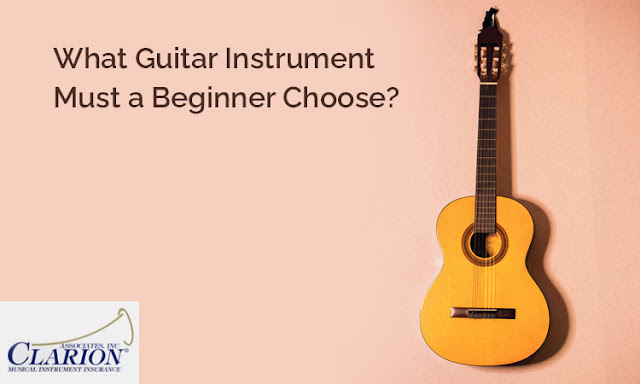The Gibson Les Paul is a legendary instrument. It has shaped the sound of rock and roll, so it is no wonder it remains a coveted possession for musicians worldwide. If you own one, you know it. The guitar came to life in the 1950s by collaborating with two creative minds - Les Paul and Ted McCarty. This collaboration ushered in a new era of electric guitar design and deeply influenced popular music. For those privileged enough to have a collection of iconic guitars, having insurance is essential. This blog will delve into the intricacies of insuring a Gibson Les Paul guitar collection. It will take you through the critical considerations and the various options available. Let's read on!
Understanding the Value
Before you even think about getting a Gibson Les Paul guitar insurance plan, you need to figure out exactly how much each guitar in your collection is worth. Simply put, here, we need to do a proper appraisal by a certified professional. So, what kind of things affect a string's value? First of all, the year it was made. Vintage Les Pauls, especially from the 50s and 60s, are worth a fortune. Second comes the model and its specs. If you have rare models, uncommon colors, and special features like those famous "Burst" finishes or super lightweight bodies – those drive up the price. Thirdly, condition matters too. Scratches, repairs, and even mods can change the value. Therefore, a professional appraisal can help you understand how all these factors play into the guitar's value. And what about the market itself? Do prices change all the time? The vintage string market is always moving. You need to keep an eye on current prices to make sure your coverage is accurate.
Insurance Options
You have got a couple of options to protect your Gibson Les Pauls -
• Your regular homeowners or renters’ insurance might have some coverage for musical instruments. However, to be true, it is usually too limited to suffice your needs. You will likely have low coverage limits, and expensive guitars might even be excluded. instruments.
• Fine Art and Collectibles Insurance is designed for valuable stuff like art and collectibles! These policies offer better coverage and higher limits. However, you are likely to need a professional appraisal to figure out how much coverage you ought.
• Musical Instrument Insurance is exactly what it sounds like. It is an insurance product specifically designed for musical instruments, including those pricey Les Pauls. These policies are more likely to have wider coverage and protection against theft, damage, and even third-party liabilities. So, it is the best choice for you.
• Inland Marine Insurance is for things that get moved around a lot, like instruments you take on tour or recording sessions. It provides comprehensive protection while they are in transit.
Key Considerations
Now that you know about the coverage options, let's talk about what you need in your insurance policy. Make sure the coverage is enough to replace or fix each guitar at its full value. Choose a deductible amount that is manageable if you need to file a claim. Carefully read the policy to see what's covered. Things like theft, fire, floods, and even damage from extreme temperatures or humidity should be included. Get professional appraisals from guitar experts for every string in your collection. These appraisals are essential for determining coverage and helping with claims. Enhance your security to minimize the risk of theft or damage. Install a good security system, use sturdy safes or lockboxes, and store your guitars in a climate-controlled space. Keep meticulous records of everything, including receipts, repair bills, appraisal reports, and the whole nine yards.
Beyond Monetary Value!
It is easy to get caught up in the monetary tag but remember, your Les Pauls are more than just an investment. They represent years of incredible craftsmanship, a piece of musical history, and a deeply personal connection. A comprehensive Gibson Les Paul guitar insurance should give you peace of mind so you can focus on enjoying these amazing instruments without constantly worrying about something bad happening.







